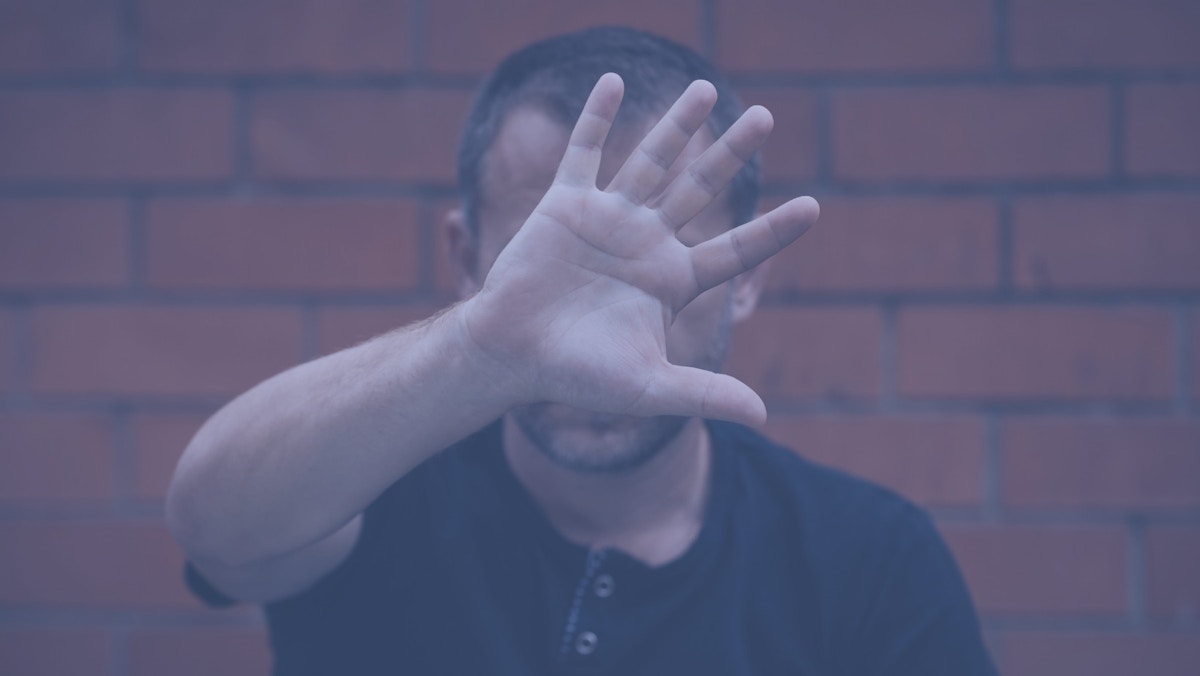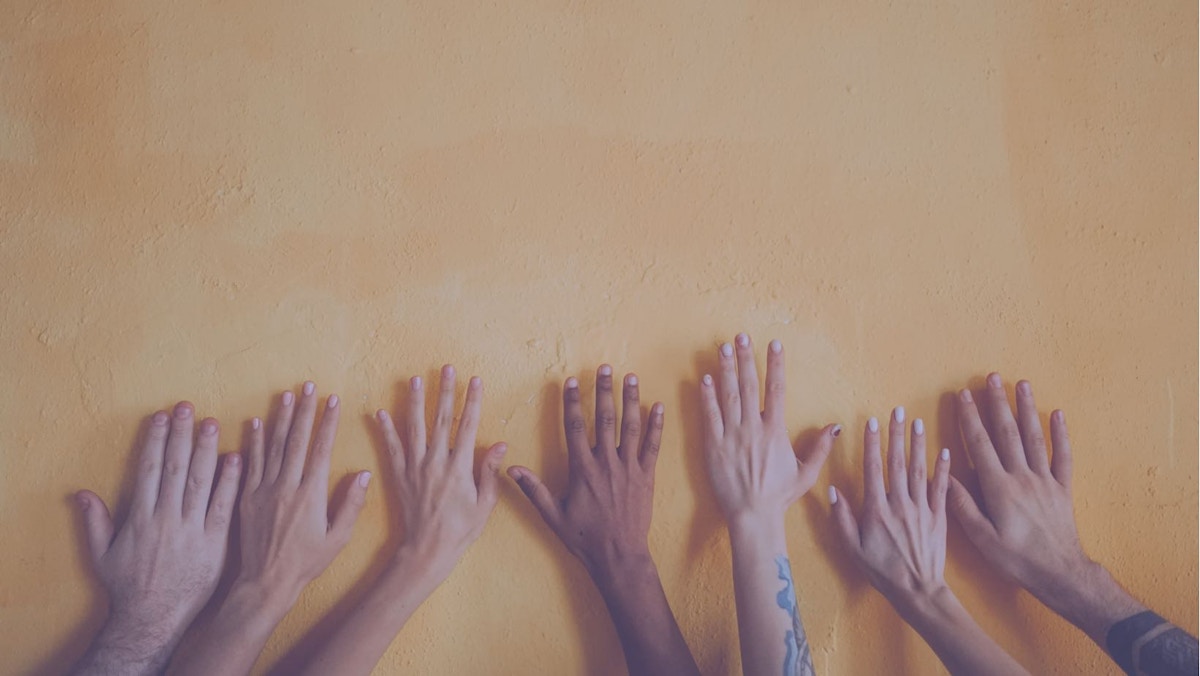I Am Sober is a free app that helps you get some control back in your life.

Masturbation Addiction: Symptoms, Causes, and What to Do
Last Updated: Mon, April 18, 2022While masturbating is normal, it can be addicting. Masturbation addiction is a complex condition characterized by an emotional, psychological, and physical dependence on masturbation or self-gratification.
Over time, masturbation can progress up to the point that those affected by it do it all the time. They become so engaged in masturbating despite their personal and social situations. Though masturbation addiction can be treated, several people don’t want to seek treatment mainly because of shame.
But what exactly are the symptoms of masturbation addiction? What causes it? Is there anything you can do to manage it?
In this article, we will talk about masturbation addiction, its symptoms, and its causes. We will also discuss what you can do if you or your loved one suffers from it.
What Is Masturbation Addiction?
As its name implies, masturbation addiction happens when someone gets addicted to self-gratification.
When someone had this condition, they can no longer suppress the cravings to masturbate constantly. As a result, they compulsively engage in the said behavior.
Given this, masturbation addiction is also known as compulsive masturbation. It also may occur as a symptom of underlying, diagnosable mental health disorders.
Symptoms of Masturbation Addiction
Here are the most common symptoms of masturbation addiction:
1. Sensitivity Loss
Excessively masturbating can impact one’s sensitivity. Those who have masturbation addiction may lose the ability to experience pleasure with and without a partner.
They may also lose sensitivity gradually. As a result, it takes more effort and time for them to achieve orgasm.
2. Lack of Impulse Control
Another symptom of masturbation addiction is a lack of impulse control.
In particular, those who suffer from it may not be able to identify when and where masturbation becomes appropriate, safe, or private. People may pleasure themselves at work, in their car, or in a public place where they risk being caught.
3. Guilt and Shame
People with masturbation addiction also feel real, intense shame considering how society views sex. This can impact their behavior and how they emotionally process the shame.
In addition, the stigma linked to masturbation can make people feel unnecessarily guilty, making it harder for them to ask for help.
4. Overstimulation
Since people with masturbation addiction pleasure themselves excessively, they overstimulate their genitals. Overstimulating the same area, in the same manner, many times, also causes irritation and chafing to the sensitive skin.
5. Sexual Dysfunction
Sex therapists say that excessive masturbation can result in conditions like premature ejaculation.
Studies also suggest that excessive masturbation paired with excessive porn watching can result in dopamine overload. This can trigger a condition called porn-induced erectile dysfunction.
Causes of Masturbation Addiction
Like its symptoms, the causes of masturbation addiction vary by individual. The causes can be impacted by social influences and personal predispositions.
Here are the most common causes and risk factors that can lead to masturbation addiction:
● Natural brain chemical imbalance
● Brain-related conditions
● Changes in brain pathways
● Easy access to sexual content
● Alcohol or drug abuse
● Underlying mental health condition
● Family conflicts
● A history of sexual or physical abuse
● Family members with addiction
What to Do If You Have Masturbation Addiction
If you find yourself or your loved one with a masturbation problem, you must do something about it. Here's what you can do:
Go to Therapy
Therapy can determine the underlying cause of your masturbation addiction. This will allow you to create strategies with your therapist to decrease the behavior.
For instance, if you have trauma, your therapist will help you process that trauma. Then, your therapist will help you look for better coping skills to manage it.
In addition, a therapist can help if you are excessively masturbating to cope with stress.
Get Medication
While there is no medication specifically for masturbation addiction, there is medication for underlying mental health conditions related to it. Taking such medication can help you manage your compulsive sexual behavior.
Engage in Activities You Enjoy
Doing activities that shift your focus from masturbation to better behaviors can also help. These activities include meditation, running, swimming, and yoga.
Join a Support Group
You can also join a support group to deal with masturbation addiction. Finding others going through the same journey validates your struggles and comforts you.
For instance, you can join Sex and Love Addicts Anonymous or any online forum to talk to other people who can relate to what you’re going through.

Reduce Stigmas About Masturbation
One of the main reasons people don’t seek help is shame. If you think that masturbation is immoral, shameful, or the like, try reconsidering your belief.
Examining your cultural, religious, and spiritual beliefs may help change your perception of the behavior.
Be Present in Your Personal Relationships
Make an effort to be more present in your relationships. Plan a date with your special someone, go on outings with your family, and meet your friends.
Doing these helps ease your urge to masturbate. They will also strengthen your connection with your loved ones, giving you a sense of belongingness.
Conclusion
Masturbation addiction is a real problem that must be addressed appropriately. If you or your loved one suffers from it, ask for help. Know that you are not alone in this journey and that others can relate to you. The right support system, treatment, and a sobriety app like I Am Sober can help.
I Am Sober is a free app that helps you get some control back in your life.